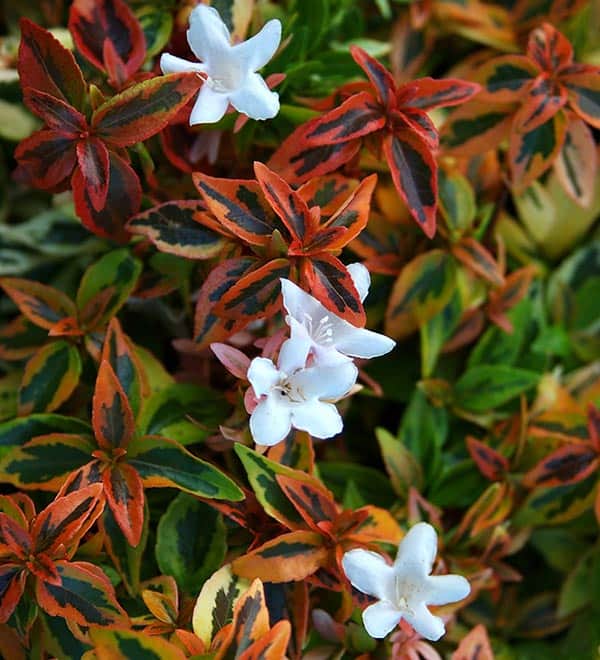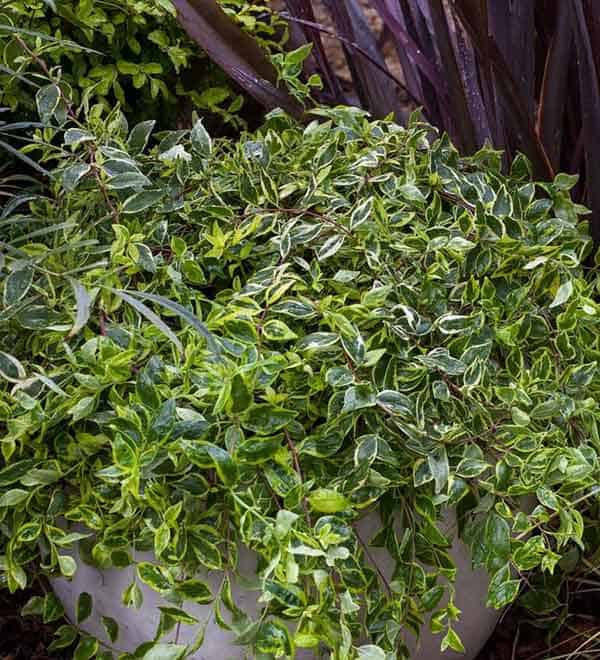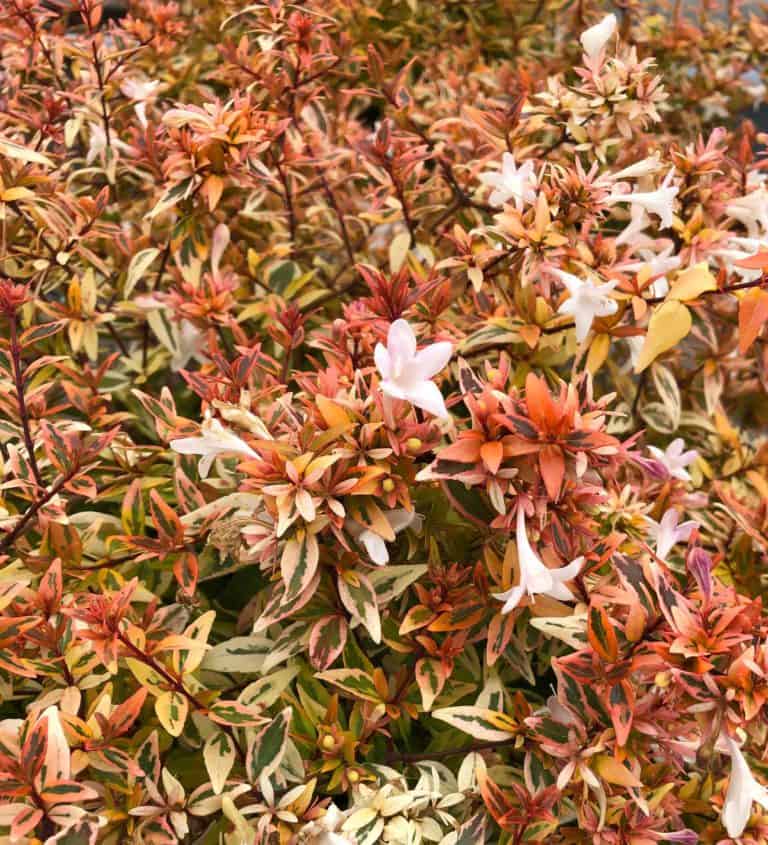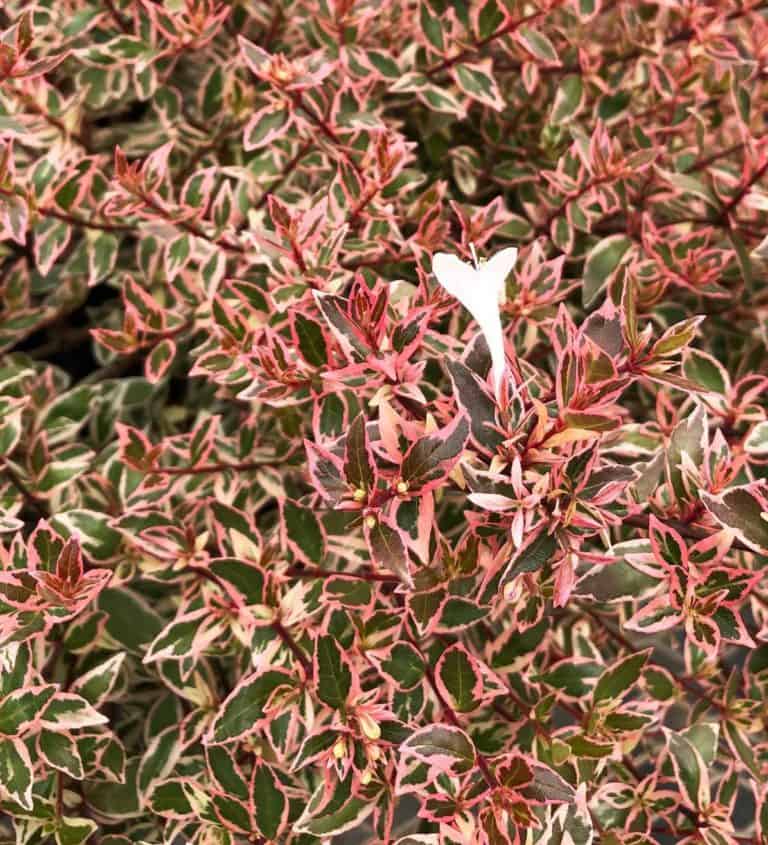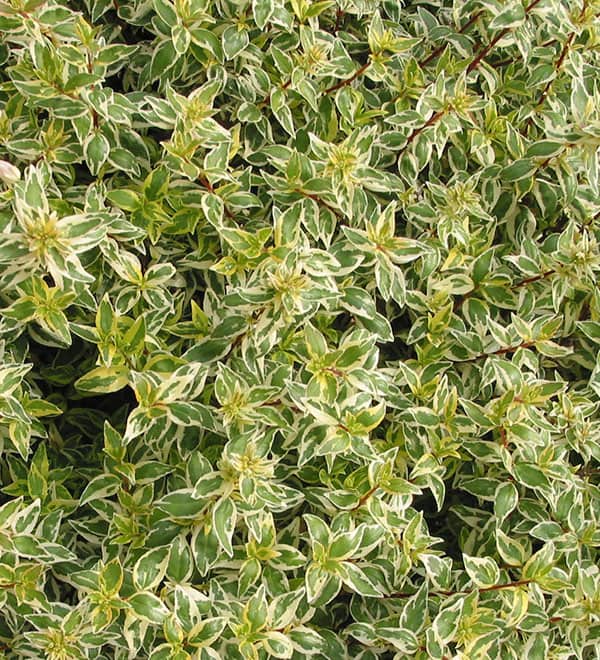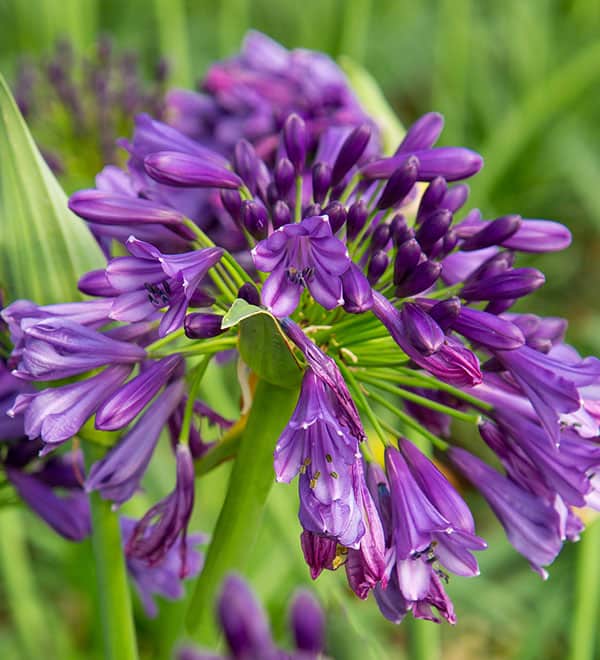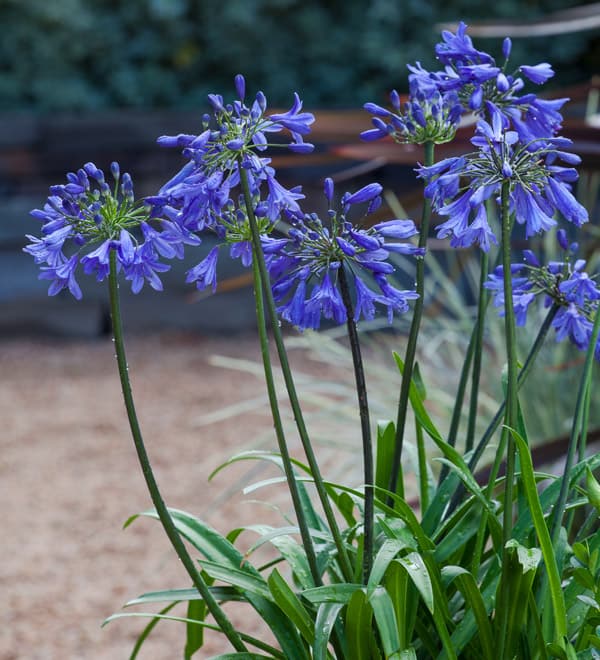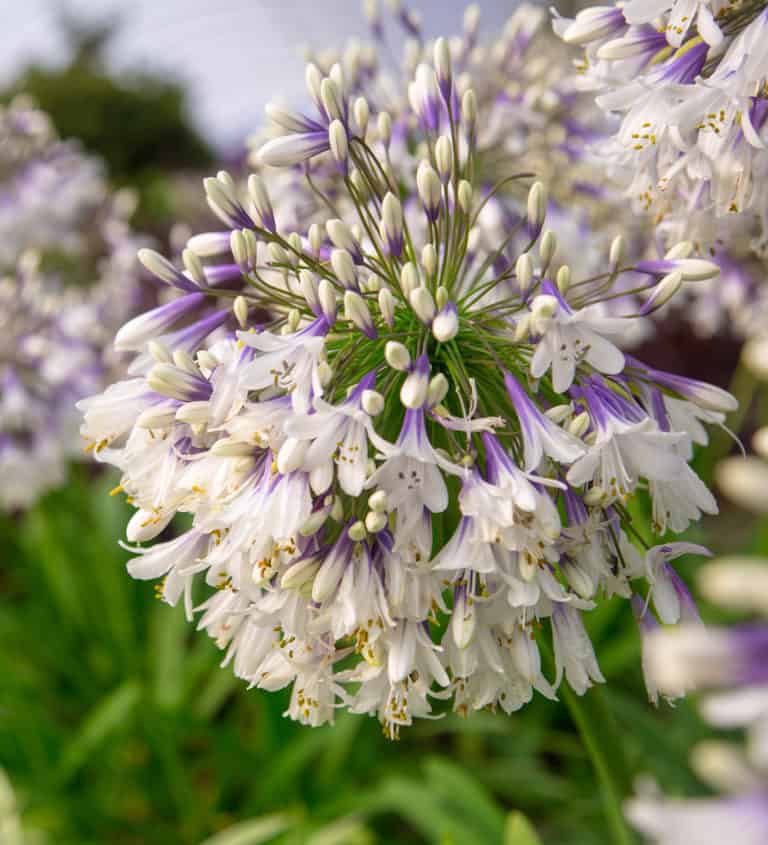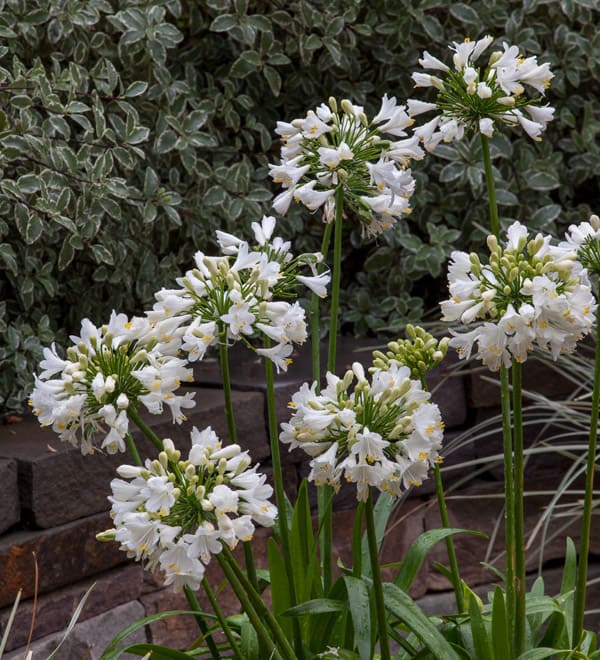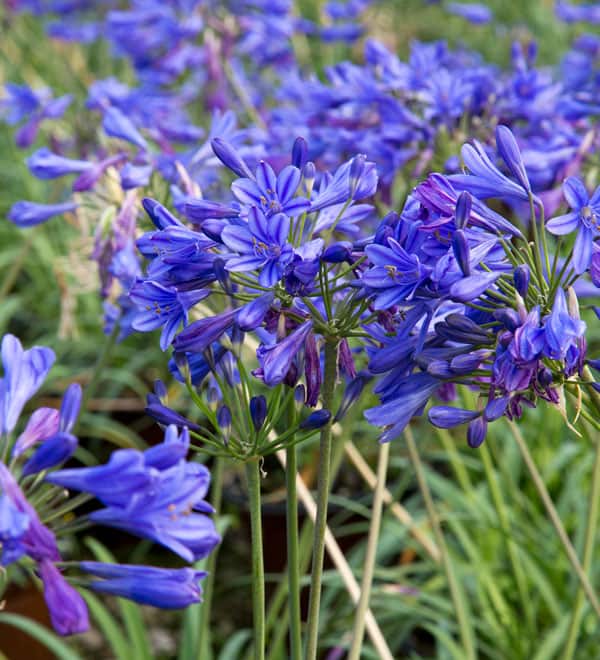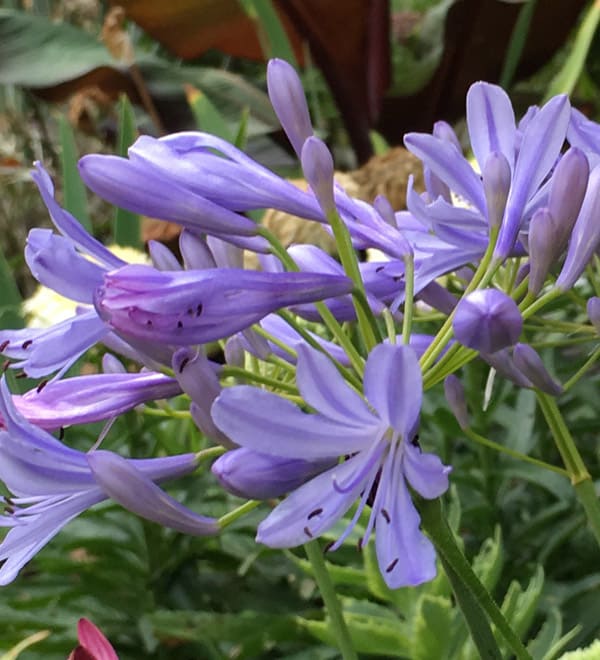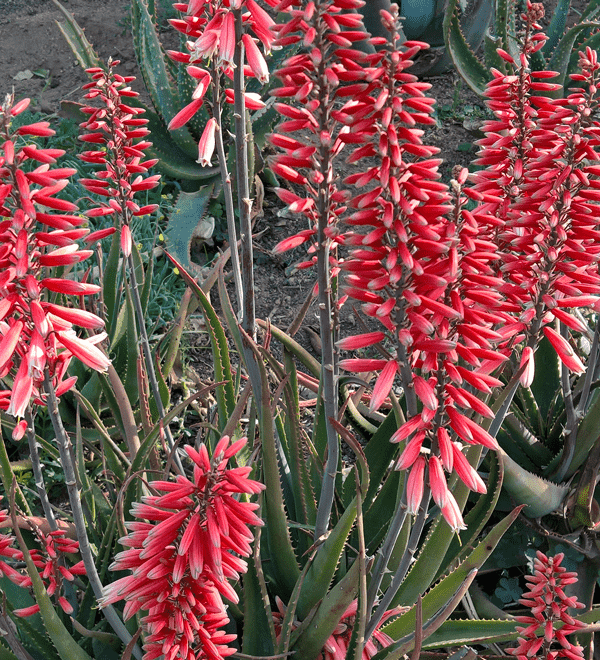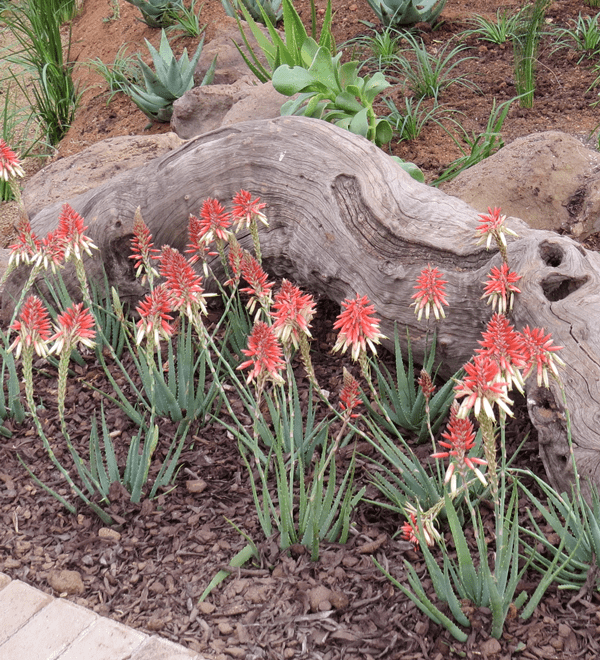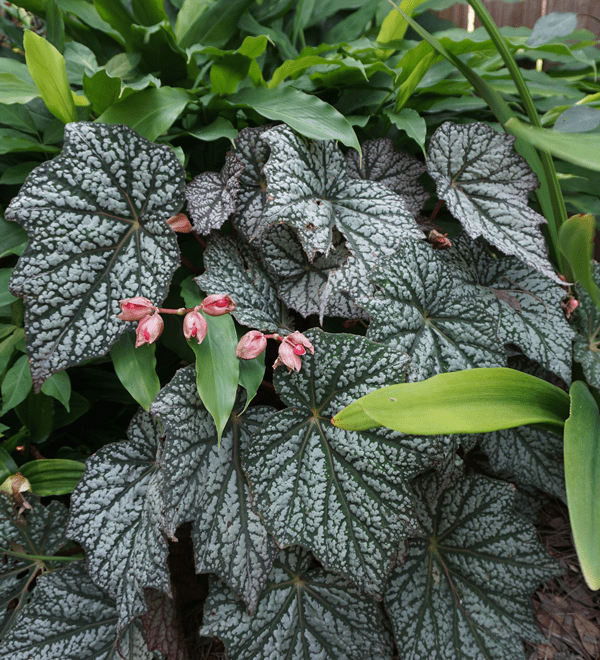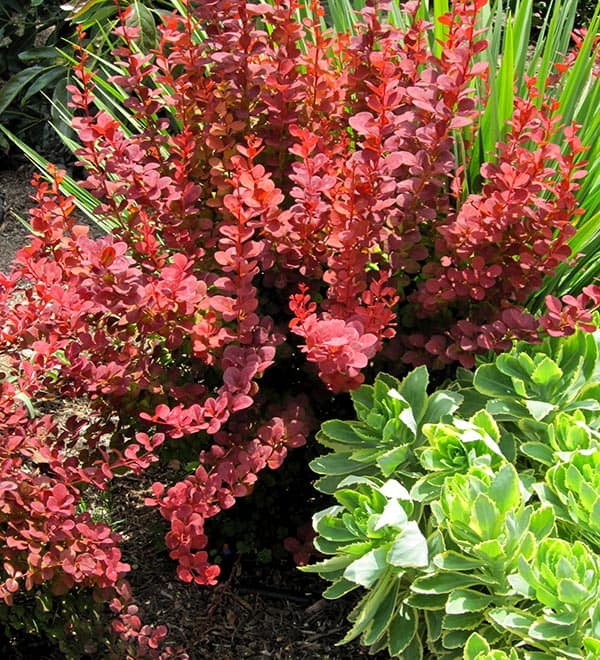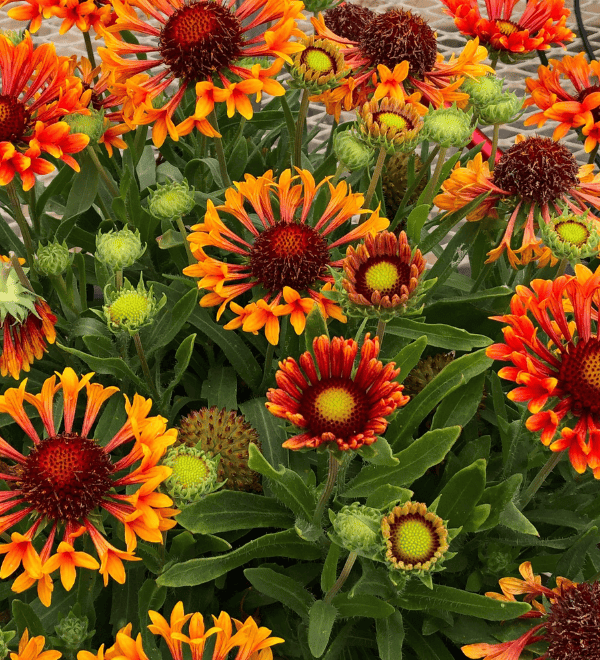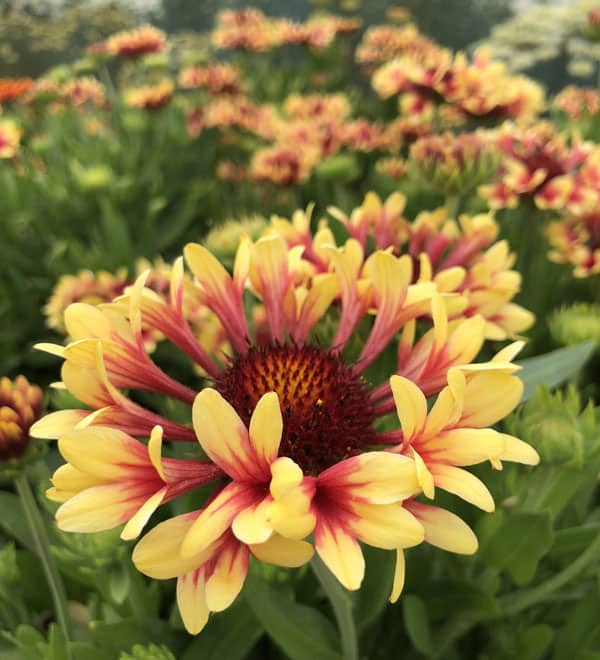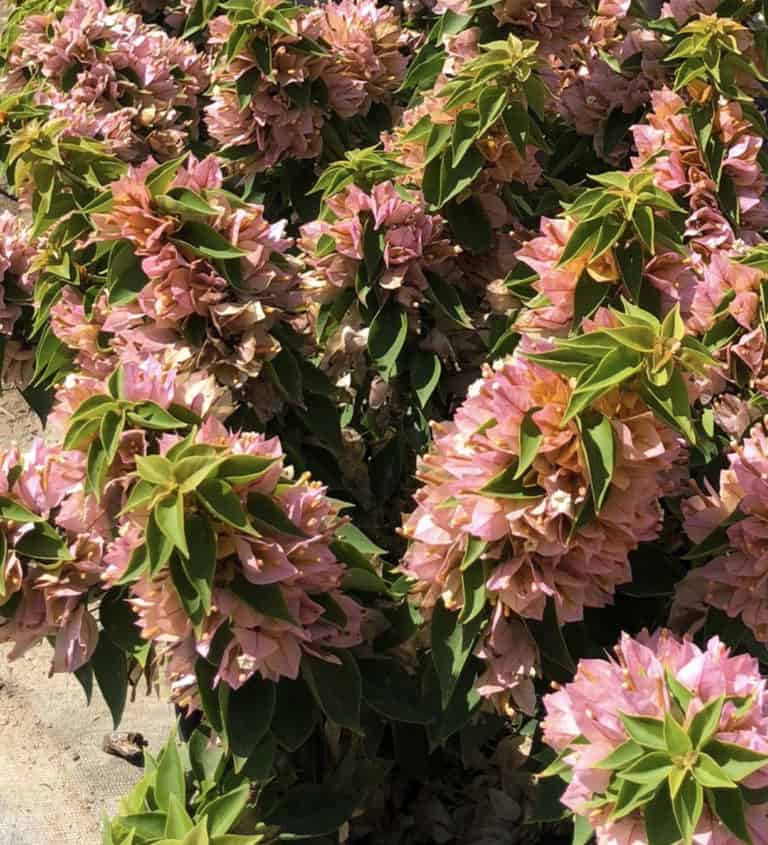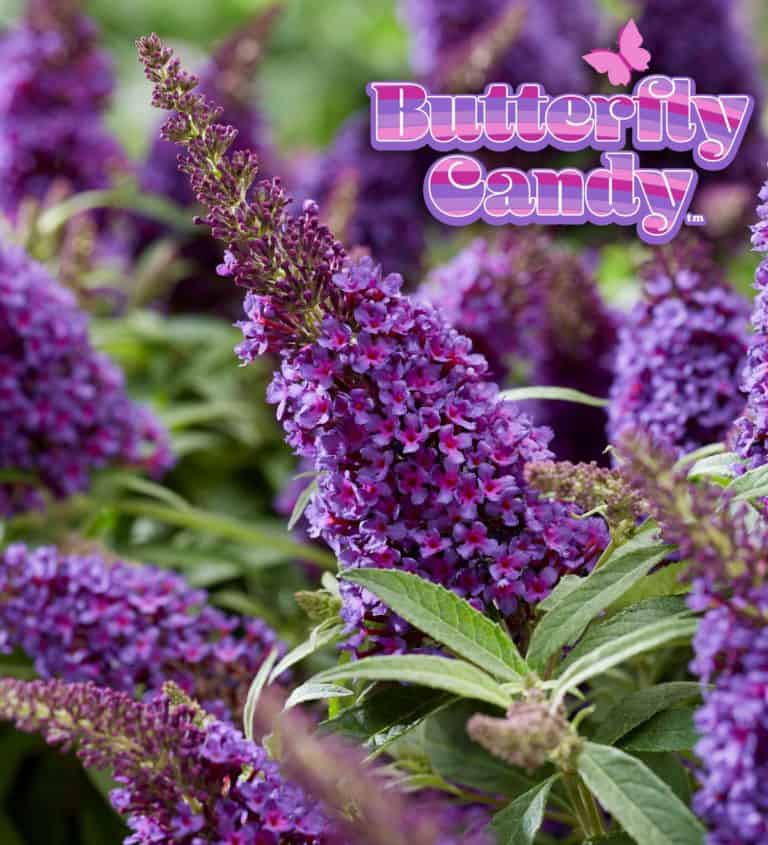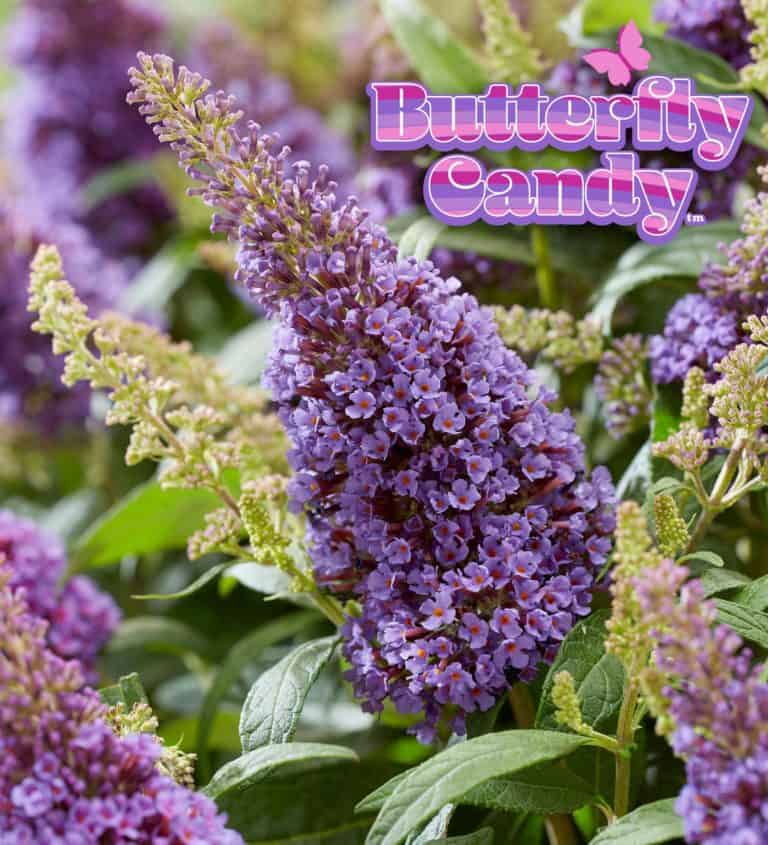Stretched along Southern California’s beaches, this climate zone is almost completely dominated by the ocean. Where the beach runs along high cliffs or palisades, Zone 24 extends only to that barrier. But where hills are low or nonexistent, it runs inland several miles.
This zone has a mild marine climate (milder than Northern California’s maritime Zone 17) because south of Point Conception, the Pacific is comparatively warm. The winters are mild, the summers cool, and the air seldom really dry. On many days in spring and early summer, the sun doesn’t break through the high overcast until afternoon. Tender perennials like geraniums and impatiens rarely go out of bloom here; spathiphyllums and pothos become outdoor plants; and tender palms are safe from killing frosts. In this climate, gardens that include such plants as ornamental figs, rubber trees, and scheffleras can become jungles.
Zone 24 is coldest at the mouths of canyons that channel cold air down from the mountains on clear winter nights. Several such canyons between Laguna Beach and San Clemente are visible on the map. Numerous others touch the coast between San Clemente and the Mexican border. Partly because of the unusually low temperatures created by this canyon action, there is a broad range of winter lows in Zone 24. Winter lows average from 42°F (5°C) in Santa Barbara to 48°F (9°C) in San Diego. Extreme cold averages from 35° to 28°F (2 to –2°C), with all-time lows in the coldest stations at about 20°F (–6°C).
The all-time high temperatures aren’t greatly significant in terms of plant growth. The average all-time high of weather stations in Zone 24 is 105°F (41°C). Record heat usually comes in early October, carried to the coast by Santa Ana winds. The wind’s power and dryness usually causes more problems than the heat itself—but you can ameliorate scorching with frequent sprinkling.

